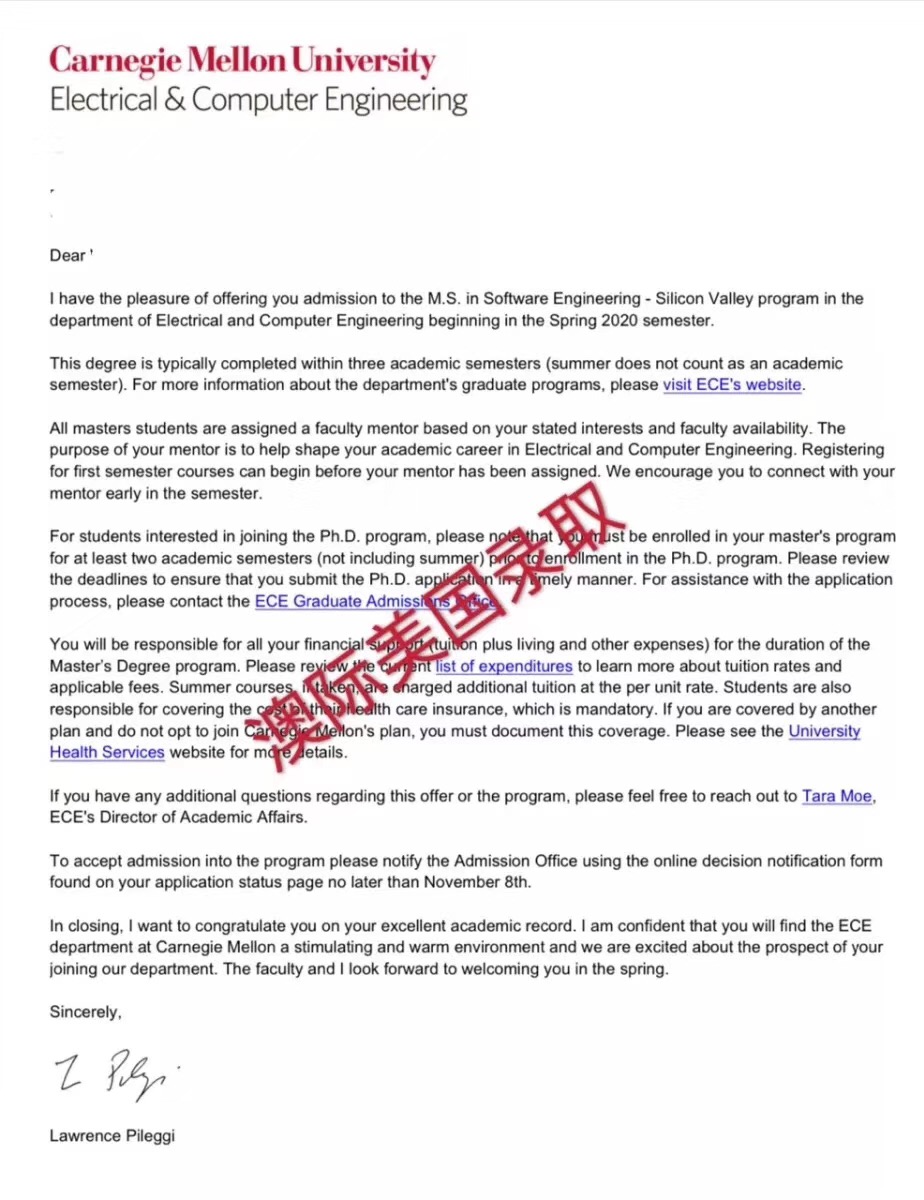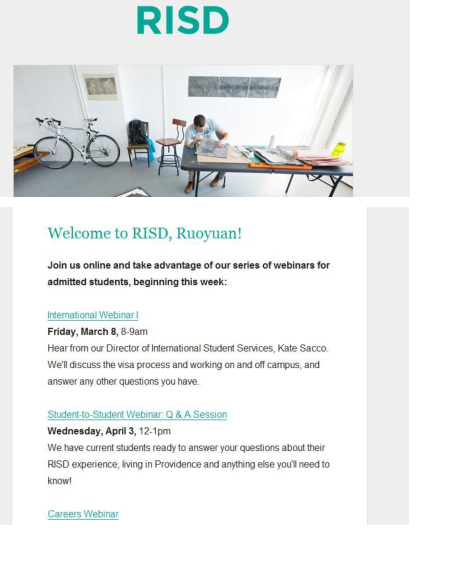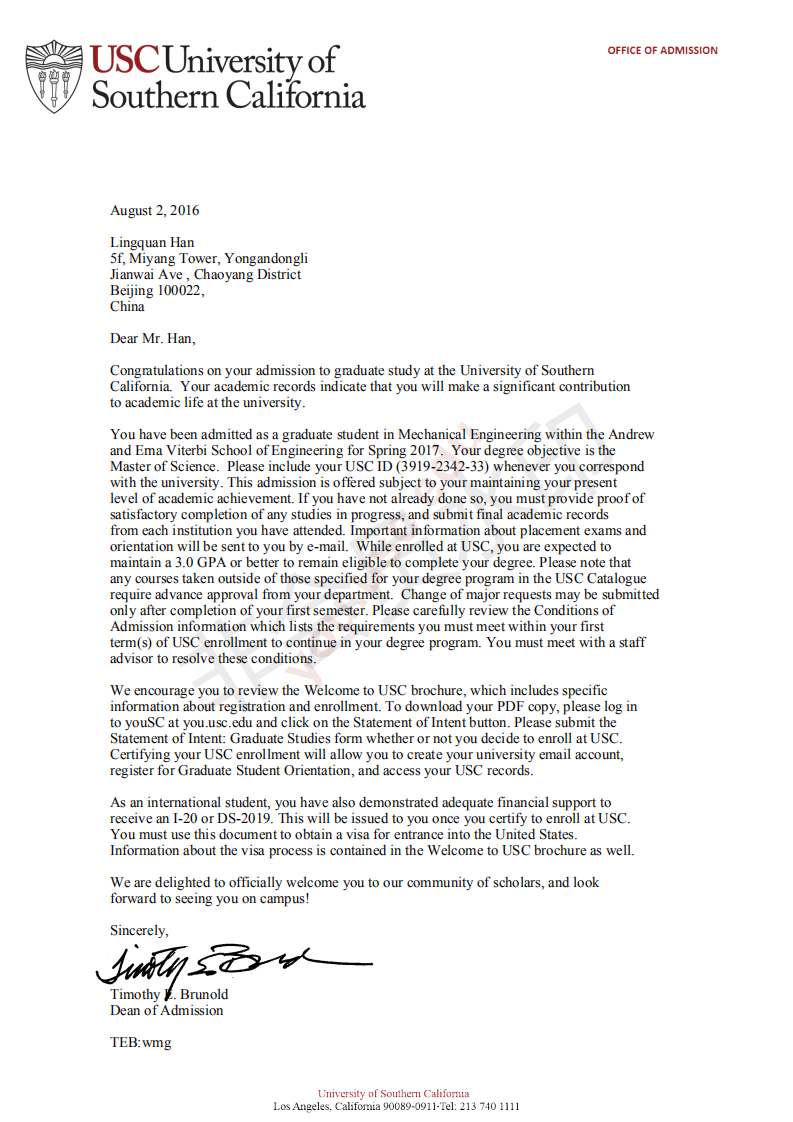成功申请哈佛大学的Essay范文
2017-06-08 442阅读
Too Easy to Rebel
In my mother’s more angry and disillusioned moods, she often declares that my sisters and I are “smarter than is good” for us, by which she means we are too ambitious, too independent-minded, and somehow, subtly un-Chinese. At such times, I do not argue, for I realize how difficult it must be for her and my father—having to deal with children who reject their simple idea of life and threaten to drag them into a future they do not understand.
For my parents, plans for our futures were very simple. We were to get good grades, go to good colleges, and become good scientists, mathematicians, or engineers. It had to do with being Chinese. But my sisters and I rejected that future, and the year I came home with Honors in English, History and Debate was a year of disillusion for my parents. It was not that they weren’t proud of my accomplishments, but merely that they had certain ideas of what was safe and solid, what we did in life. Physics, math, turning in homework, and crossing the street when Hare Krishnas were on our side—those things were safe. But the Humanities we lt for Pure Americans.
Unfortunately for my parents, however, the security of that world is simply not enough for me, and I have scared them more than once with what they call my “wild” treks into unfamiliar areas. I spent one afternoon interviewing the Hare Krishnas for our school newspaper—and they nearly called the police. Then, to make things worse, I decided to enter the Crystal Springs Drama contest. For my parents, acting was something Chinese girls did not do. It smacked of the bohemian, and was but a short step to drugs, debauchery, and all the dark, illicit facets of life. They never did approve of the experience—even despite my second place at Crystal Springs and my assurances that acting was, after all, no more than a whim.
What I was doing when was moving away from the security my parents prescribed. I was motivated by my own desire to see more of what life had to offer, and by ideas I’d picked up at my Curriculum Committee meetings. This committee consisted of teachers who felt that students should learn to understand life, not memorize formulas; that somehow our college preparatory curriculum had to be made less rigid. There were English teachers who wanted to integrate Math into other more “important” science courses, and Math teachers who wanted to abolish English entirely. There were even some teachers who suggested making Transcendental Meditation a requirement. But the common denominator behind these slightly eccentric ideas was a feeling that the school should produce more thoughtful individuals, for whom life meant more than good grades and Ivy League futures. Their values were precisely the opposite of those my parents had instilled in me.
It has been a difficult task indeed for me to reconcile these two opposing impulses. It would be simple enough just to rebel against all my parents expect. But I cannot afford to rebel. There is too much that is fragile—the world my parents have worked so hard to build, the security that comes with it, and a fading Chinese heritage. I realize it must be immensely frustrating for my parents, with children who are persistently “too smart” for them and their simple idea of life, living in a land they have come to consider home, and yet can never fully understand. In a way, they have stopped trying to understand it, content with their own little microcosms. It is my burden now to build my own, new world without shattering theirs; to plunge into the future without completely letting go of the past. And that is a challenge I am not at all certain I can meet.
点评Comments:
1.This is a good strong statement about the dilemma of being a part of two different cultures. The theme is backed by excellent examples of the conflict and the writing is clear, clean, and crisp. The essay then concludes with a compelling summary of the dilemma and the challenge it presents to the student.
2.A masterful job of explaining the conflict of being a child of two cultures. The writer feels strongly about the burden of being a first generation American, but struggles to understand her parents’ perspective. Ultimately she confesses implicitly that she cannot understand them and faces her own future. The language is particularly impressive:“It smacked of the bohemian,” “subtly unChinese,” and “a fading Chinese heritage.” That she is not kinder to her parents does not make her unkind, just determined.
留学咨询
更多出国留学最新动态,敬请关注澳际教育手机端网站,并可拨打咨询热线:400-601-0022
留学热搜
相关推荐
- 专家推荐
- 成功案例
- 博文推荐

Copyright 2000 - 2020 北京澳际教育咨询有限公司
www.aoji.cn All Rights Reserved | 京ICP证050284号
总部地址:北京市东城区 灯市口大街33号 国中商业大厦2-3层









高国强 向我咨询
行业年龄 13年
成功案例 3471人
留学关乎到一个家庭的期望以及一个学生的未来,作为一名留学规划导师,我一直坚信最基本且最重要的品质是认真负责的态度。基于对学生和家长认真负责的原则,结合丰富的申请经验,更有效地帮助学生清晰未来发展方向,顺利进入理想院校。
陈瑶A 向我咨询
行业年龄 17年
成功案例 5146人
拥有大量高端成功案例。为美国哈佛大学、宾夕法尼亚大学等世界一流名校输送大批优秀人才。
齐亚楠 向我咨询
行业年龄 15年
成功案例 4070人
商科案例有哥伦比亚大学等,工科案例有麻省理工大学等,艺术案例有罗德岛大学等。
李君君 向我咨询
行业年龄 15年
成功案例 4157人
成功案例涉及美国排名前60的院校,专业涵盖商科(金融,会计,管理),工科(生物工程,化学工程,计算机科学,电气工程)等热门领域。